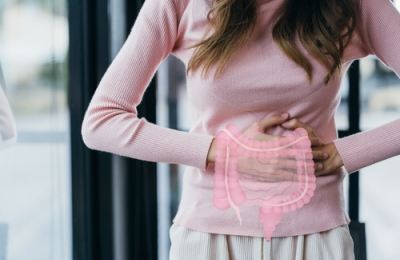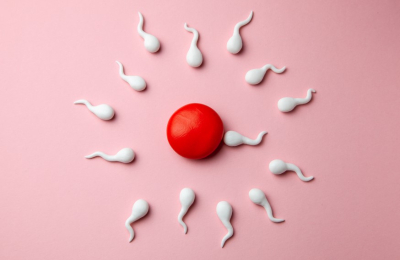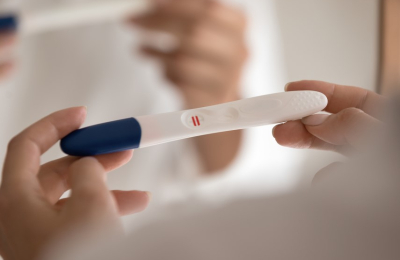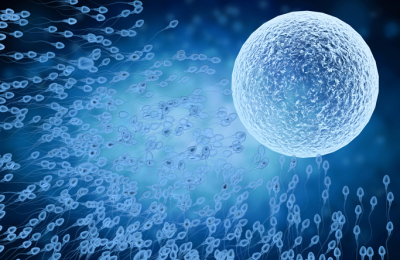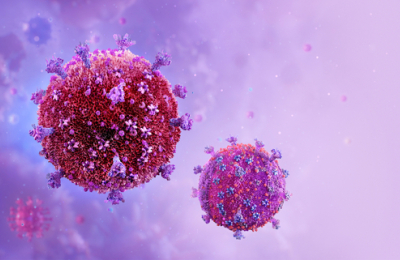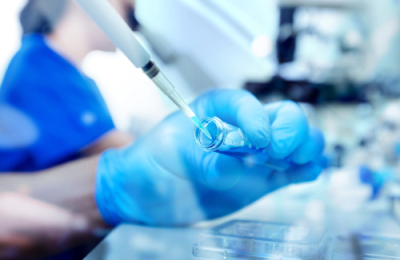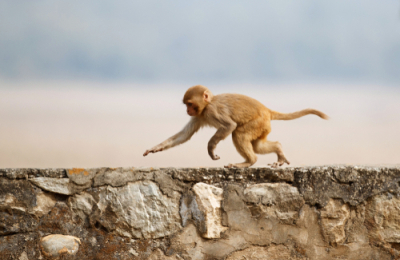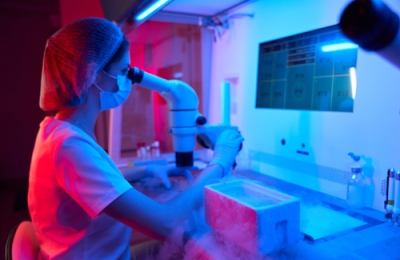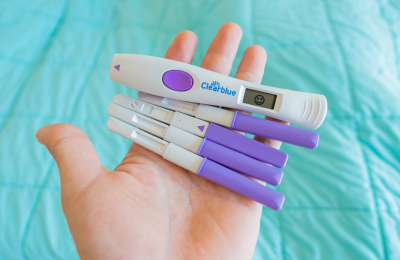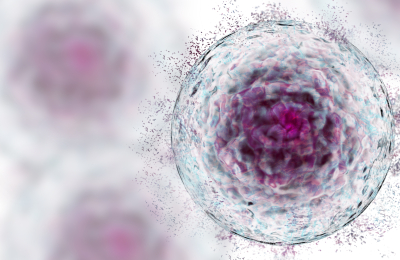
Alcohol's effect on sperm DNA has been shown to persist for at least one month after stopping exposure, in mice.
While the focus of alcohol's impact on fertility and fetal development has mainly been on women, recent research has increasingly revealed the role of environmental stressors on sperm DNA, particularly its epigenetics. The mechanisms underpinning these changes, and the length of the impact of these stressors on the sperm an individual produces has not been clarified. A new study published in Andrology demonstrates the negative effect alcohol has on the genetic health of sperm in mice.
'For years, there's really been no consideration of male alcohol use whatsoever,' said Dr Michael Golding of Texas A&M University and corresponding author of the study. He continued: 'Within the last five to eight years, we've started to notice that there are certain conditions where there's a very strong paternal influence when it comes to alcohol exposure and fetal development.'
Drinking during pregnancy can result in fetal alcohol syndrome (FAS), characterised by abnormalities in facial structure, low birth weight, and negative neurological or cognitive outcomes. Recent studies have also found that alcohol consumed by mothers before and after conception can impact fertility (see BioNews 1099 and 1164).
Mice were fed alcohol daily for ten weeks followed by four weeks of abstinence, and the animals' sperm and testes studied during the four weeks following cessation of alcohol, for the study. The researchers found that the expression of genes associated with oxidative stress was changed. Notably the number of copies of mitochondrial DNA increased.
These findings led the team to suggest that the oxidative stress posed by alcohol and its withdrawal, was responsible for the effects. Previous research by the team has shown that alcohol exposure in male mice results in craniofacial abnormalities in offspring similar to those seen in children with FAS.
'During withdrawal, the liver experiences perpetual oxidative stress and sends a signal throughout the male body,' explained Dr Golding. 'The reproductive system interprets that signal and says… I need to programme the offspring to be able to adapt to that kind of environment.'
Despite the reproductive system trying to adapt, Dr Golding explained that these changes will ultimately have a negative effect on the offspring's development. The team warn that based on their findings, even moderate alcohol consumption could have a harmful effect on sperm for several months following cessation.
'In the models we're using, even drinking three to four beers after work several days a week can induce withdrawal when the behaviour ceases'.
The research was conducted in mice, but researchers hope their work will not only inform health choices for those hoping to conceive, but also shift the narrative to consider paternal and maternal choices more evenly in concerns around drinking and reproductive health.
Source: Dr George Janes - https://www.progress.org.uk/impact-of-alcohol-on-sperm-dna-continues-after-stopping-drinking/
















